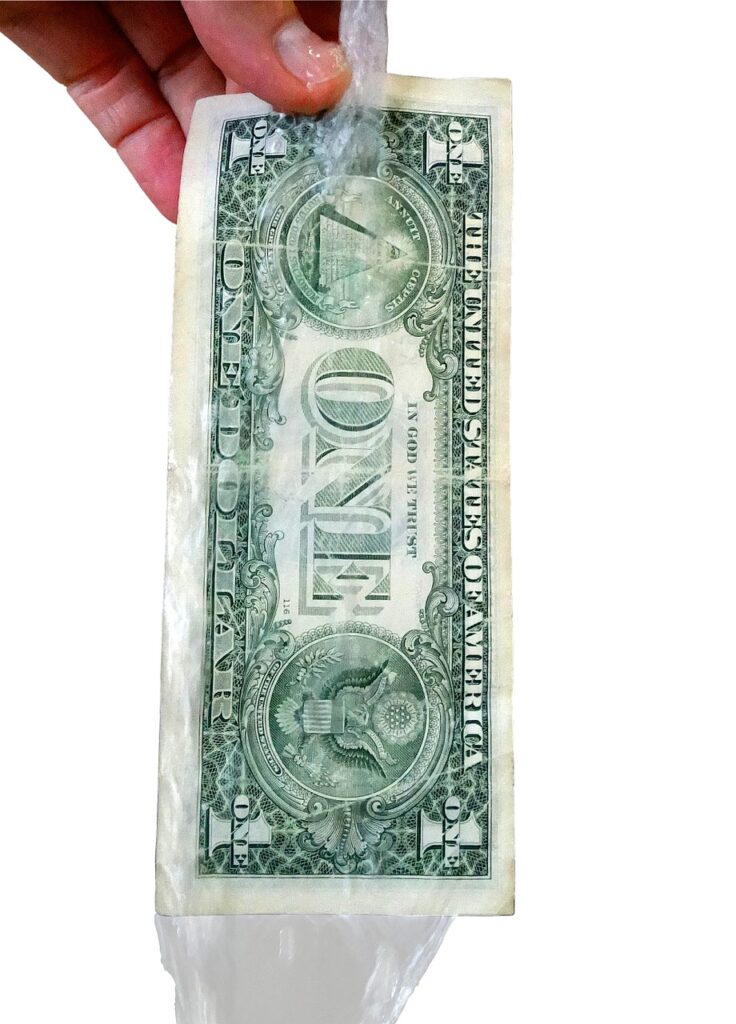Money laundering can take several forms, although most methods can be categorized into one of a few types. These include “bank methods, smurfing (also known as structuring), currency exchanges, and double-invoicing”.
- Structuring: Often known as smurfing, this is a method of placement whereby cash is broken into smaller deposits of money, used to defeat suspicion of money laundering and to avoid anti-money laundering reporting requirements. A sub-component of this is to use smaller amounts of cash to purchase bearer instruments, such as money orders, and then ultimately deposit those, again in small amounts.
- Bulk cash smuggling: This involves physically smuggling cash to another jurisdiction and depositing it in a financial institution, such as an offshore bank, with greater bank secrecy or less rigorous money laundering enforcement.
- Cash-intensive businesses: In this method, a business typically expected to receive a large proportion of its revenue as cash uses its accounts to deposit criminally derived cash. Such enterprises often operate openly and in doing so generate cash revenue from incidental legitimate business in addition to the illicit cash – in such cases the business will usually claim all cash received as legitimate earnings. Service businesses are best suited to this method, as such businesses have little or no variable costs and/or a large ratio between revenue and variable costs, which makes it difficult to detect discrepancies between revenues and costs. Examples are parking buildings, strip clubs, tanning beds, car washes and casinos.
- Trade-based laundering: This involves under or overvaluing invoices to disguise the movement of money.
- Shell companies and trusts: Trusts and shell companies disguise the true owner of money. Trusts and corporate vehicles, depending on the jurisdiction, need not disclose their true, beneficial, owner. Sometimes referred to by the slang term rathole though that term usually refers to a person acting as the fictitious owner rather a business entity.
- Round-tripping: Here, money is deposited in a controlled foreign corporation offshore, preferably in a tax haven where minimal records are kept, and then shipped back as a foreign direct investment, exempt from taxation. A variant on this is to transfer money to a law firm or similar organization as funds on account of fees, then to cancel the retainer and, when the money is remitted, represent the sums received from the lawyers as a legacy under a will or proceeds of litigation.
- Bank capture: In this case, money launderers or criminals buy a controlling interest in a bank, preferably in a jurisdiction with weak money laundering controls, and then move money through the bank without scrutiny.
- Casinos: In this method, an individual walks into a casino and buys chips with illicit cash. The individual will then play for a relatively short time. When the person cashes in the chips, they will expect to take payment in a check, or at least get a receipt so they can claim the proceeds as gambling winnings.
- Other gambling: Money is spent on gambling, preferably on higher odds. One way to minimize risk with this method is to bet on every possible outcome of some event where there are many possible outcomes and no outcome(s) have short odds – the bettor will lose only the vigorish and will have (a) “winning” bet(s) that can be shown as the source of money should this be requested. The “losing” bets will remain hidden.
- Real estate: Someone purchases real estate with illegal proceeds and then sells the property. To outsiders, the proceeds from the sale look like legitimate income. Alternatively, the price of the property is manipulated: the seller agrees to a contract that underrepresents the value of the property, and receives criminal proceeds to make up the difference.
- Black salaries: A company may have unregistered employees without a written contract and pay them cash salaries. Dirty money might be used to pay them.
- Tax amnesties: For example, those that legalize unreported assets in tax havens and cash
- Fictitious loans
